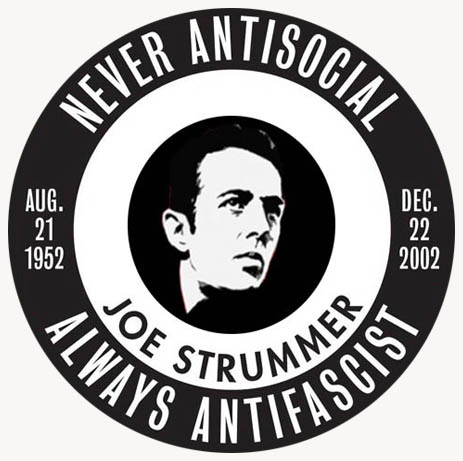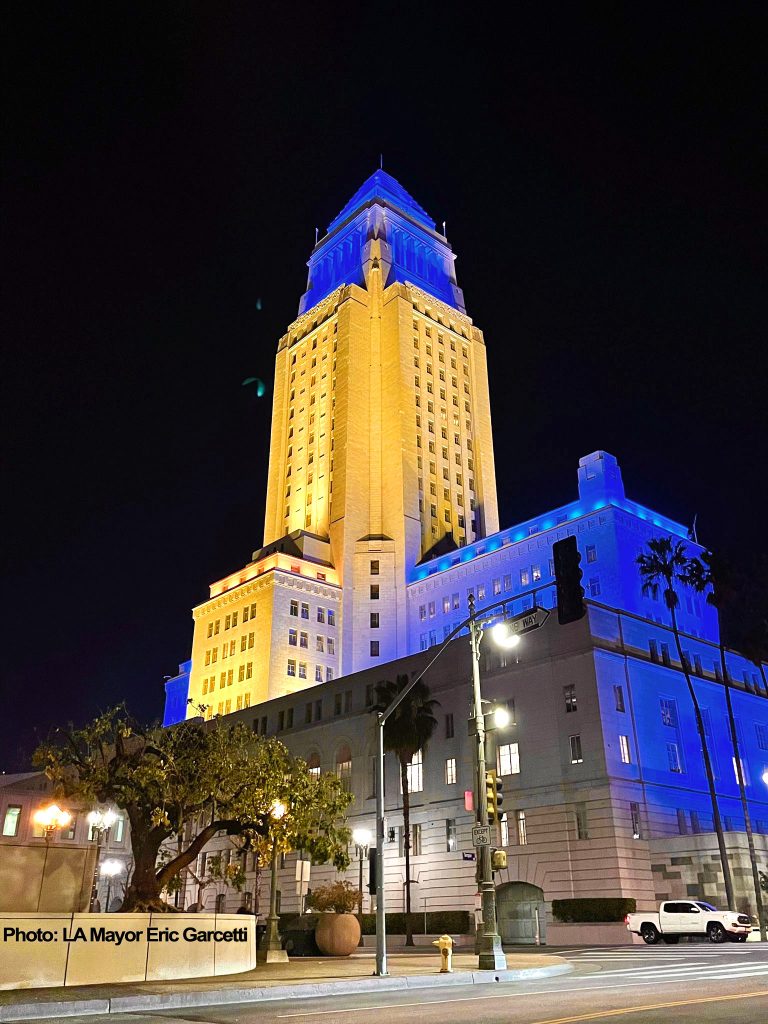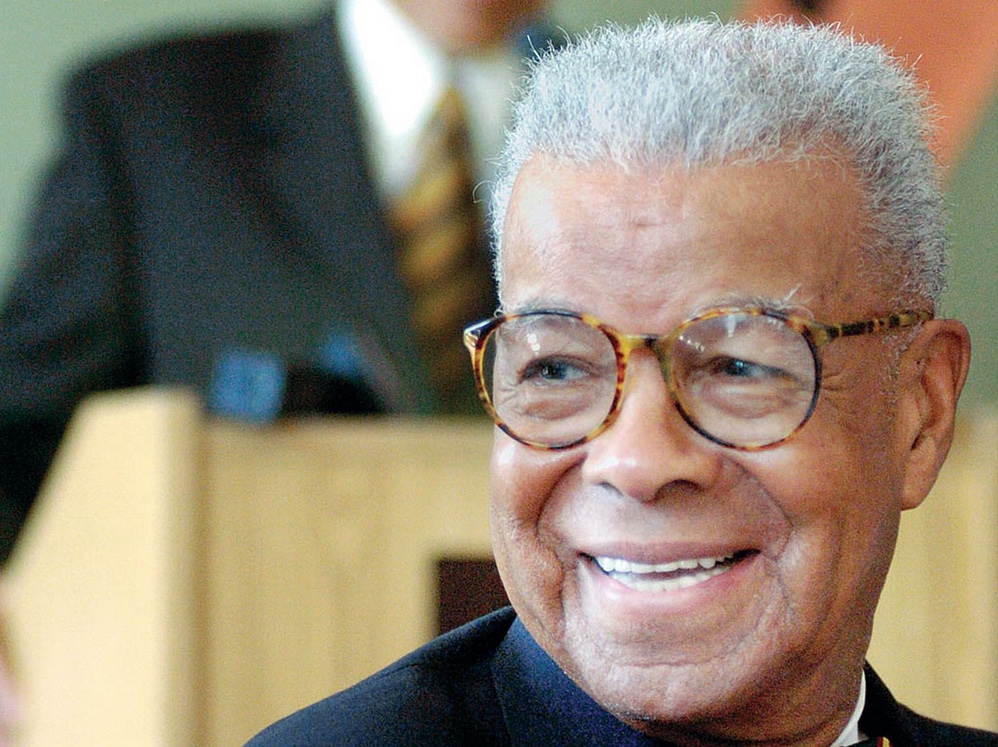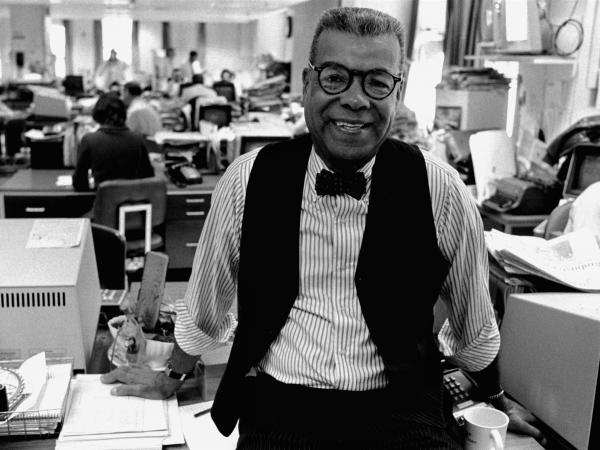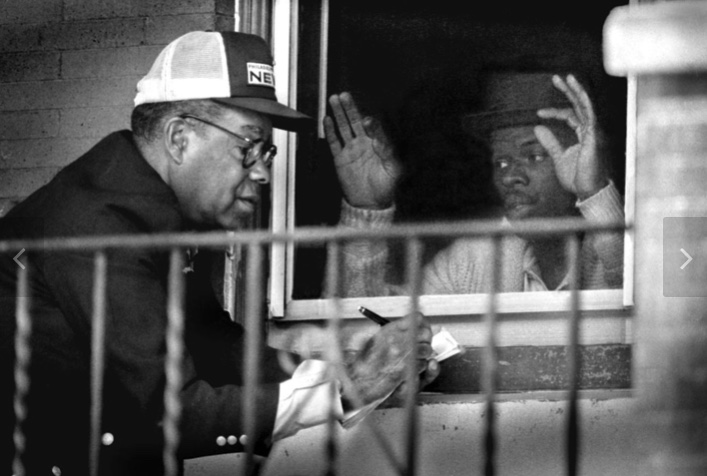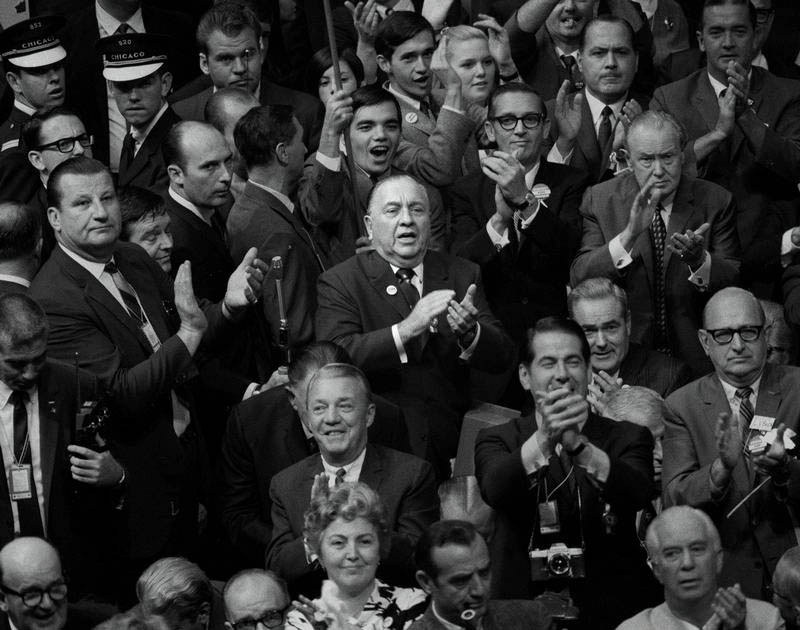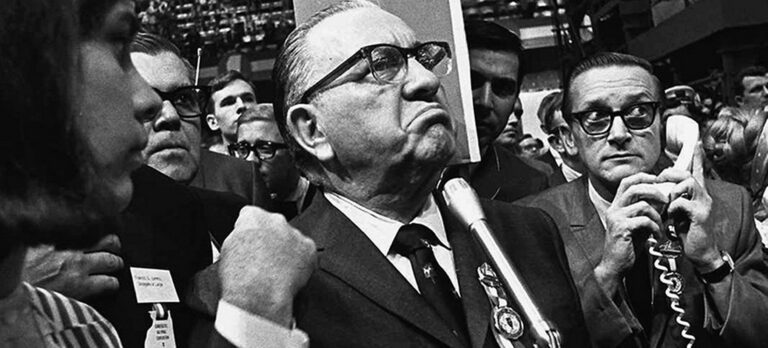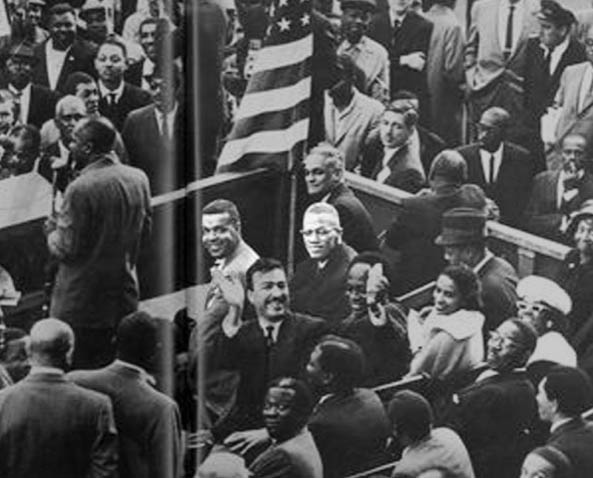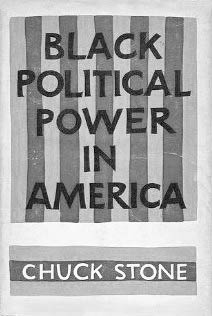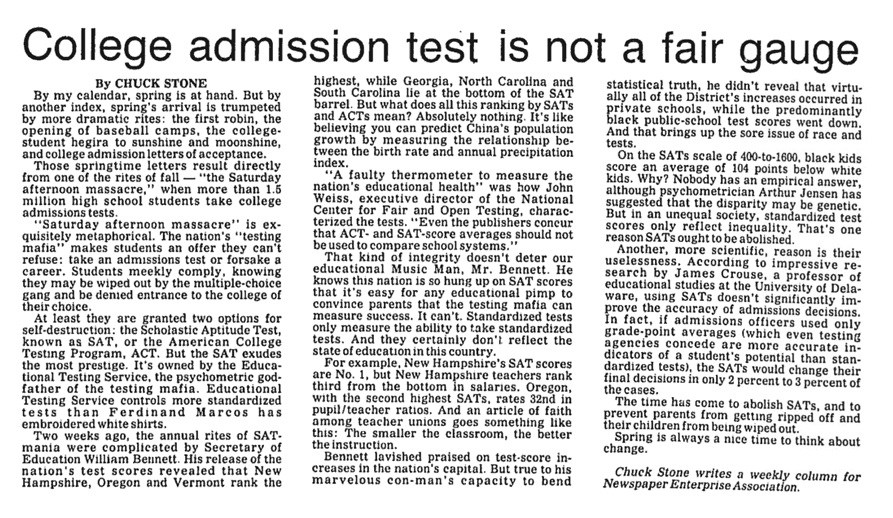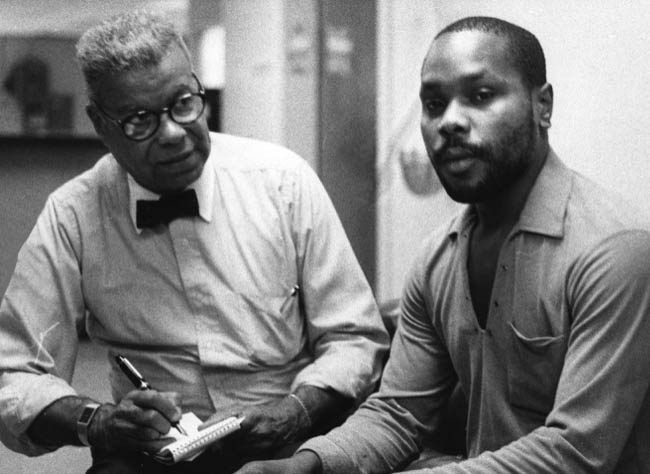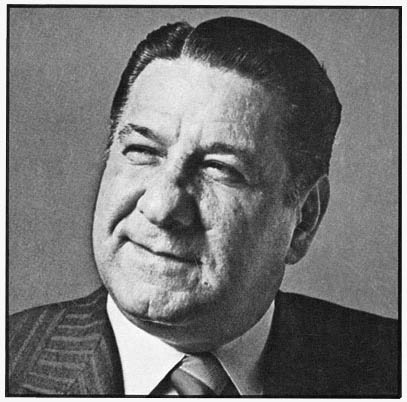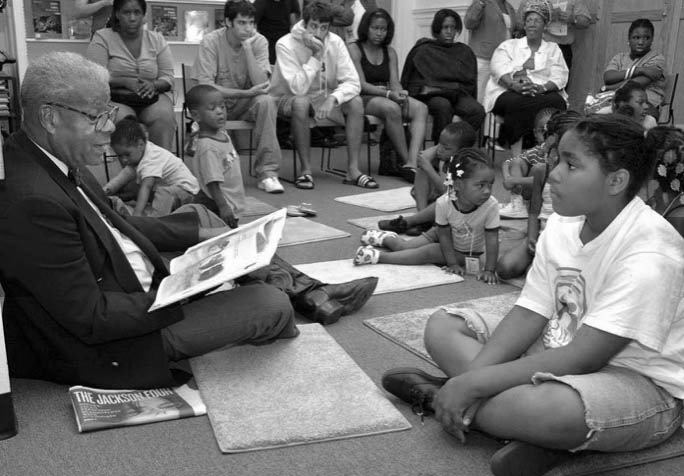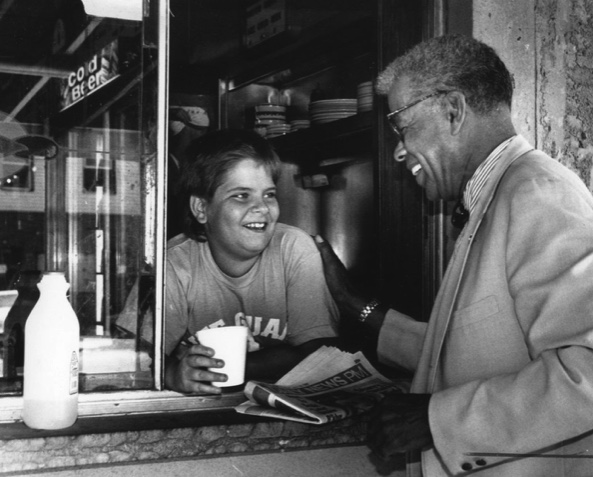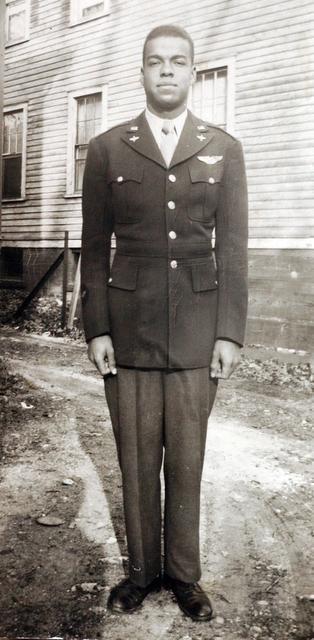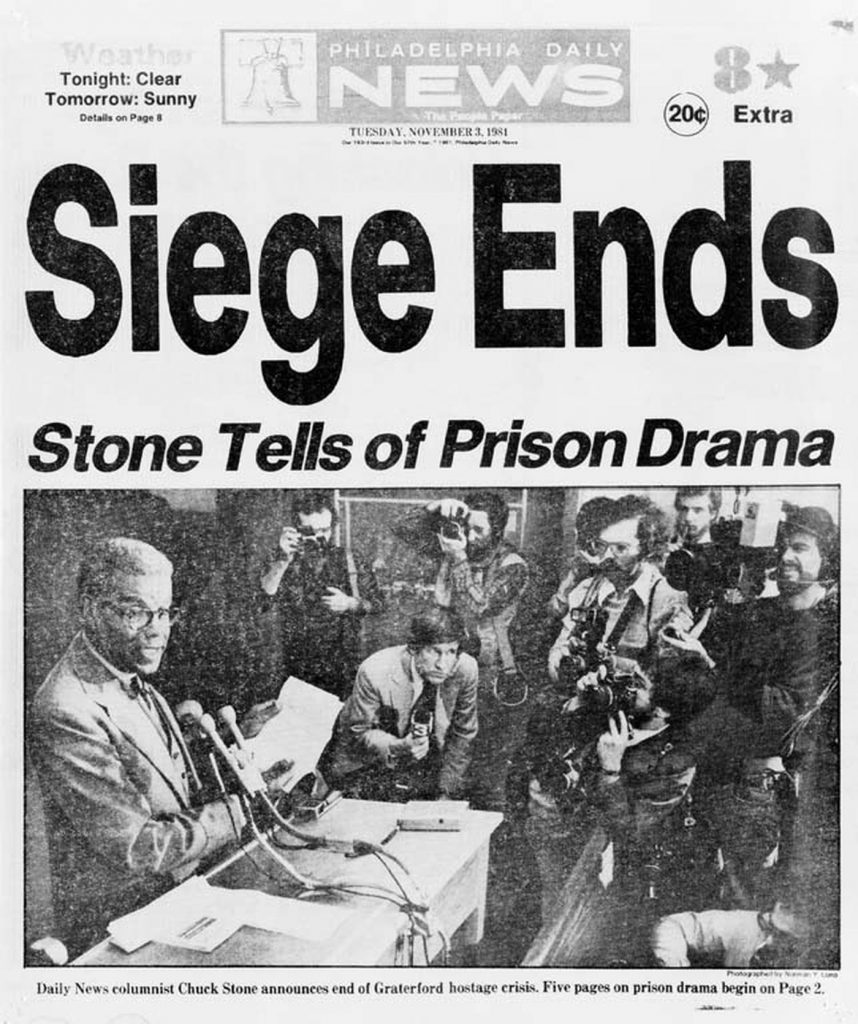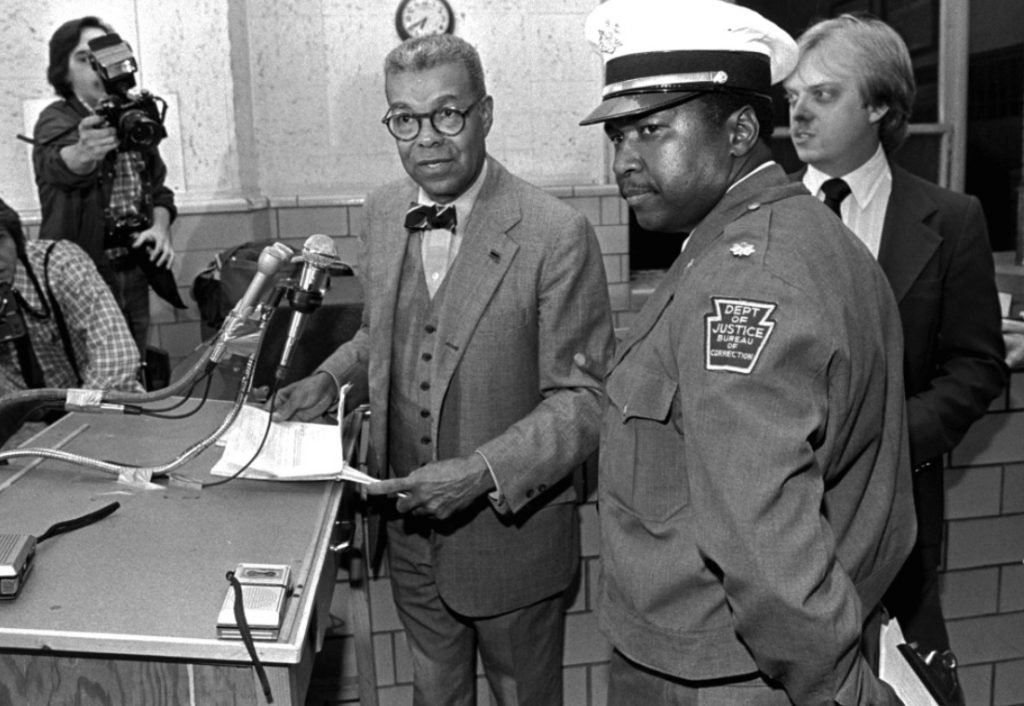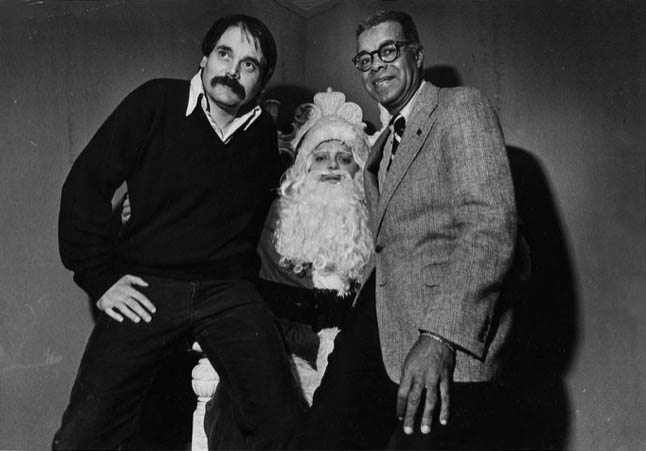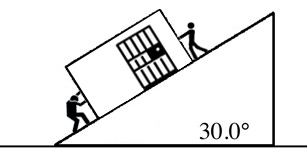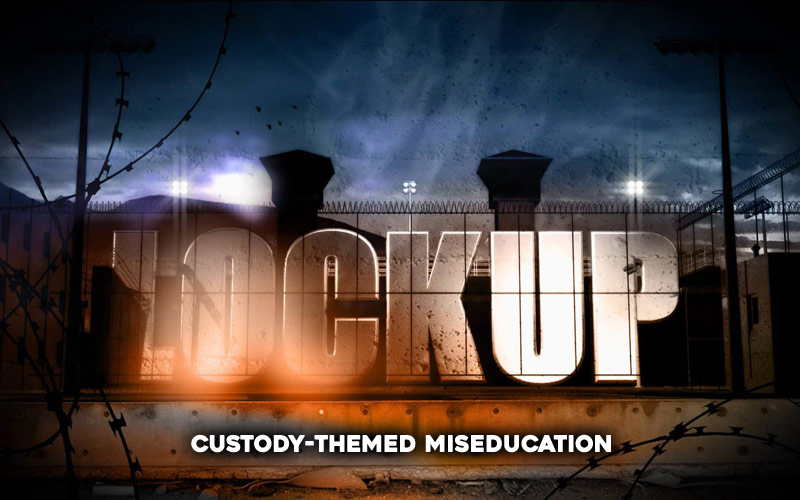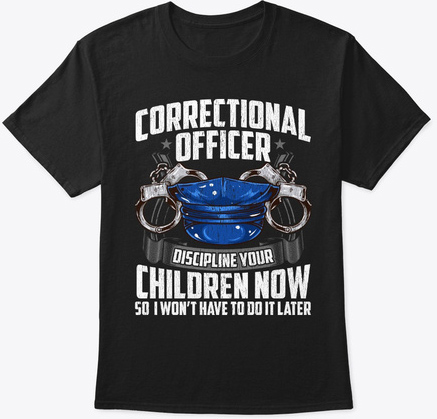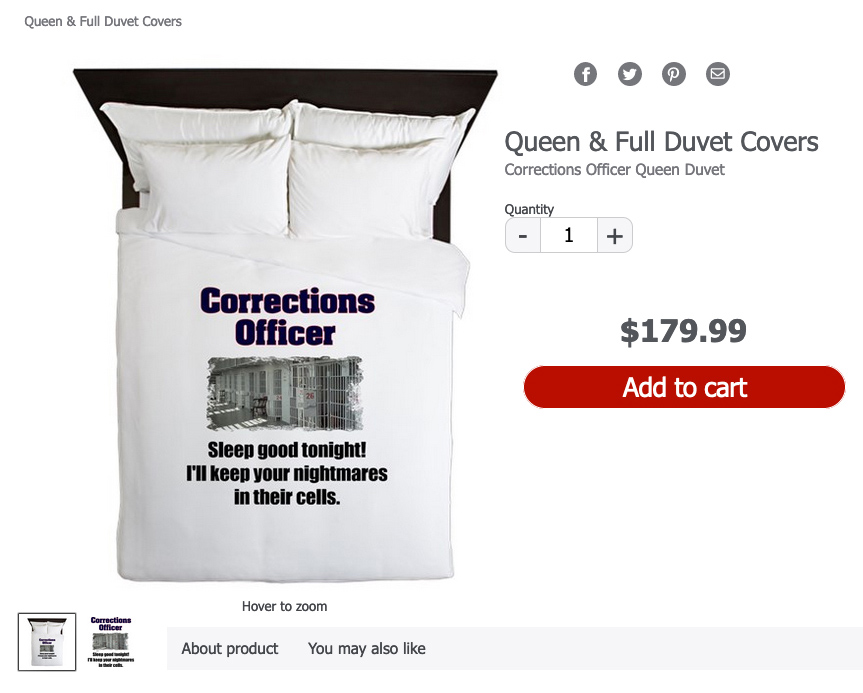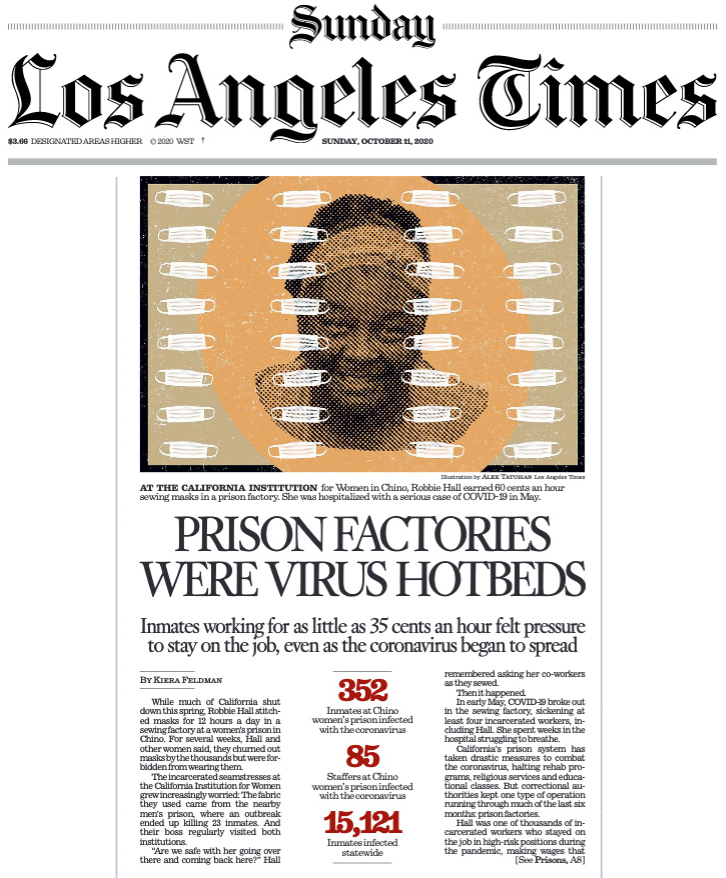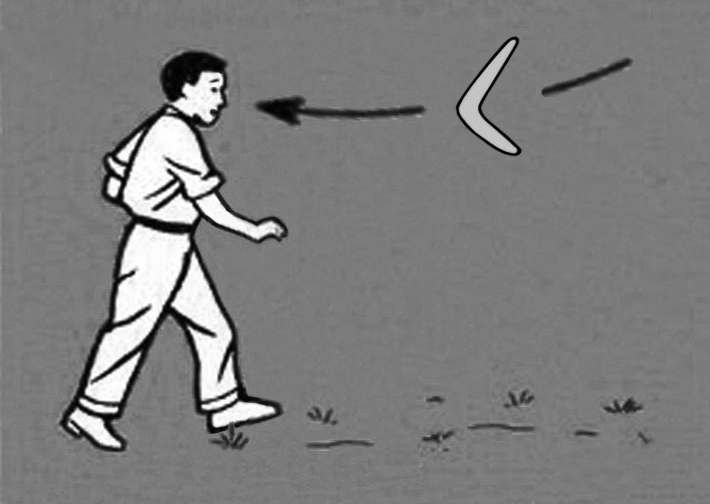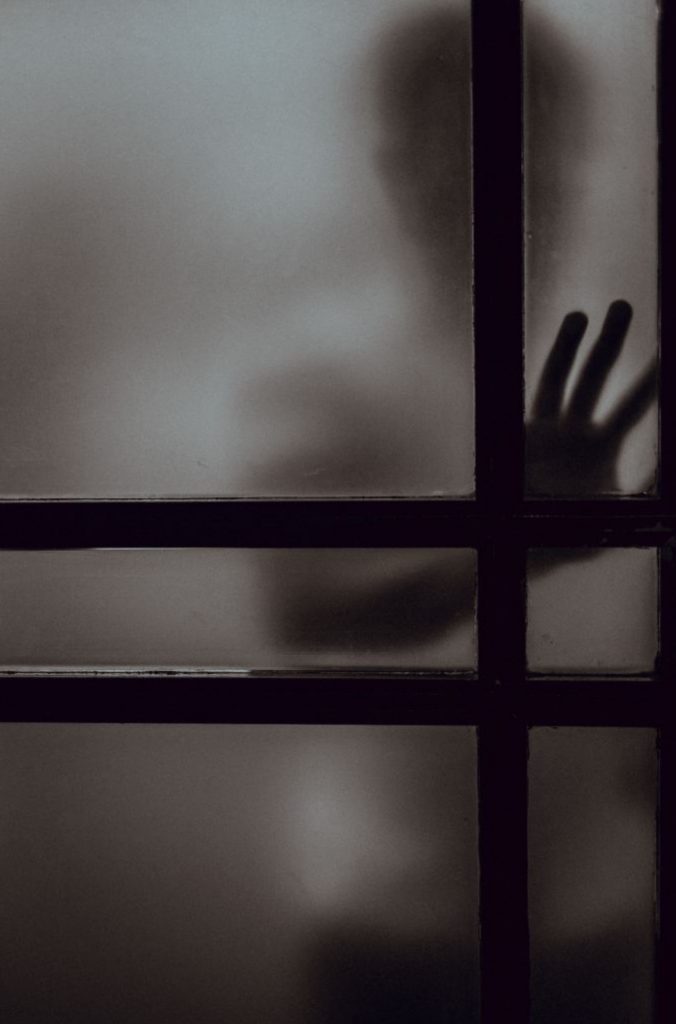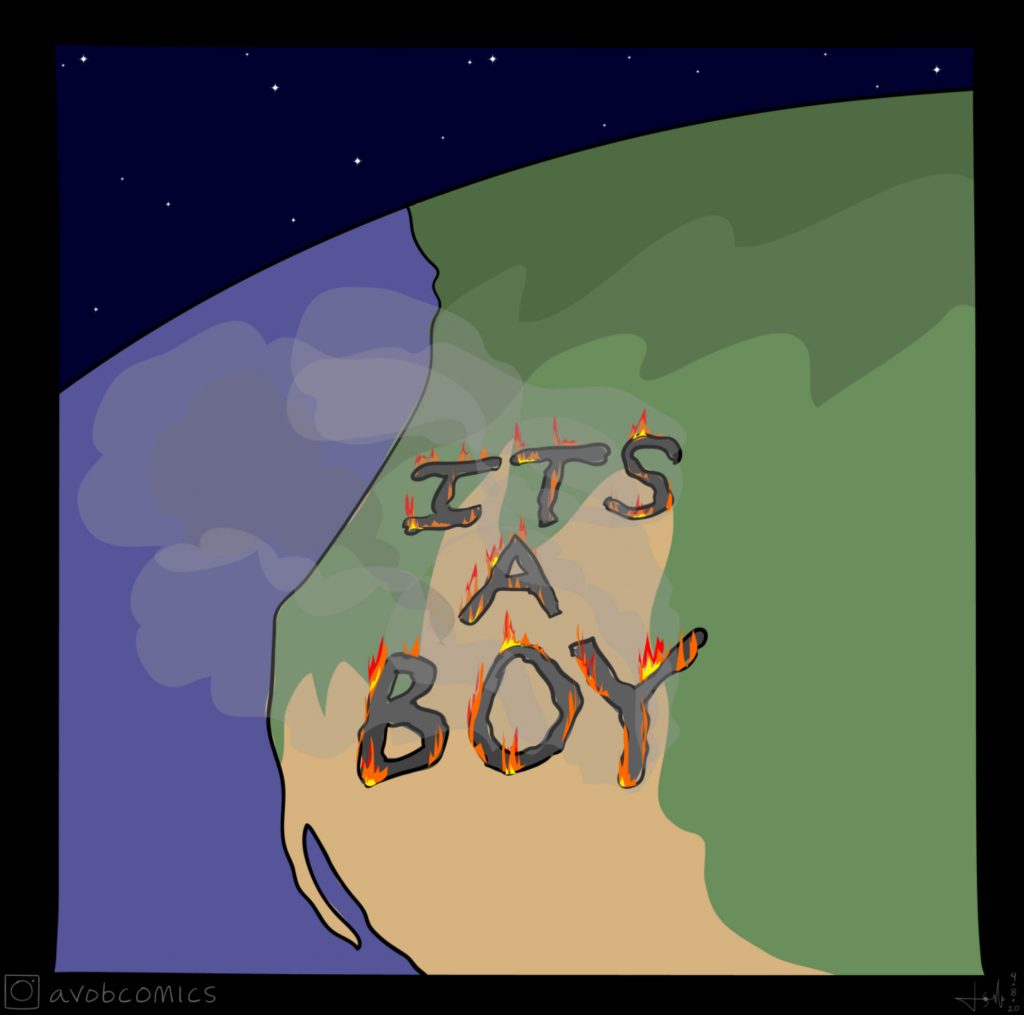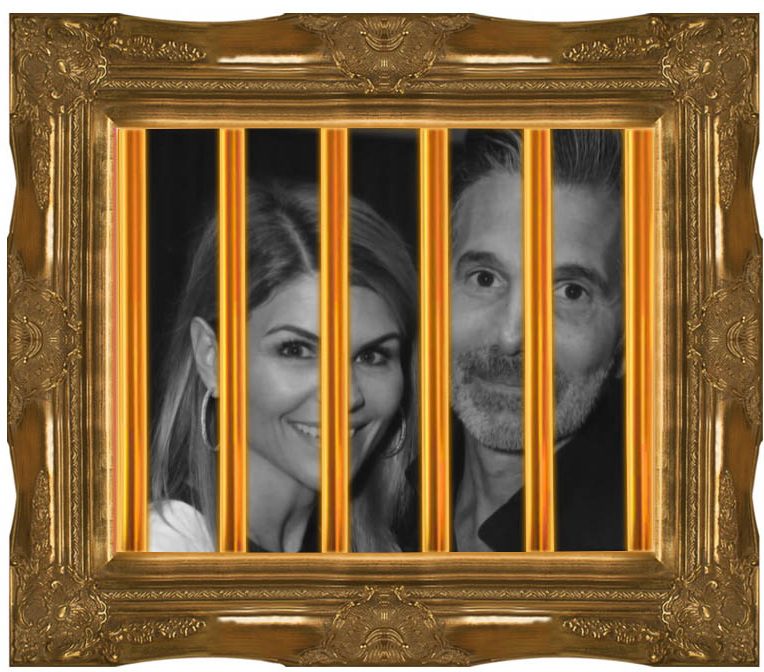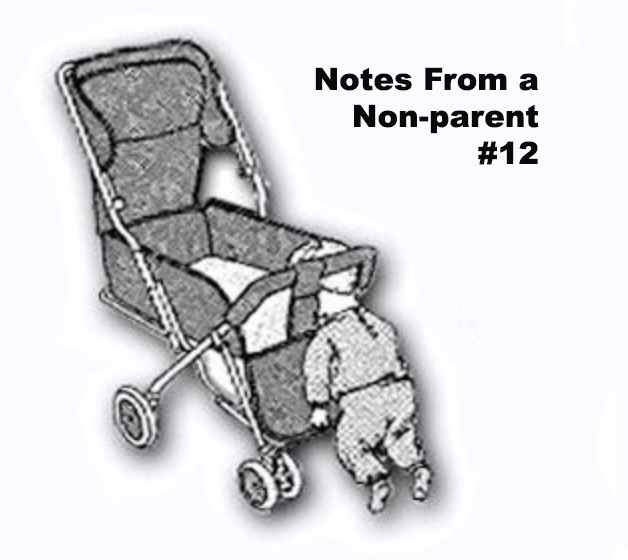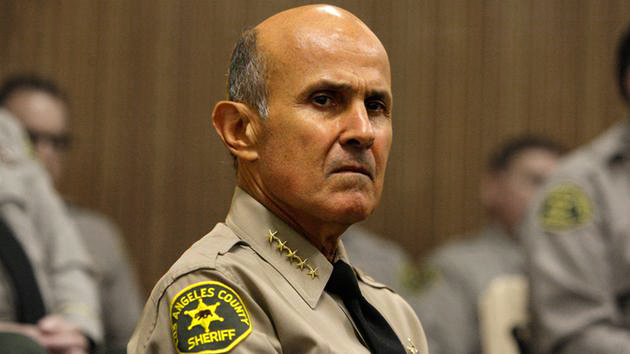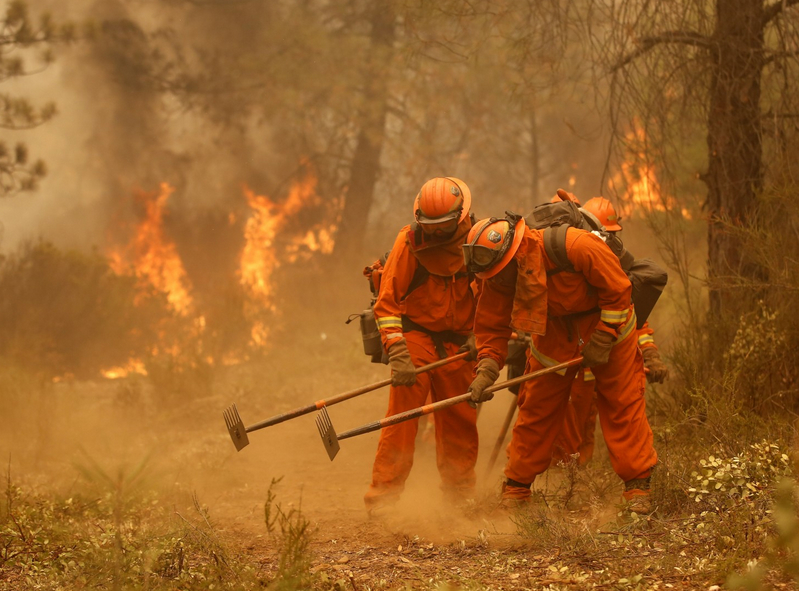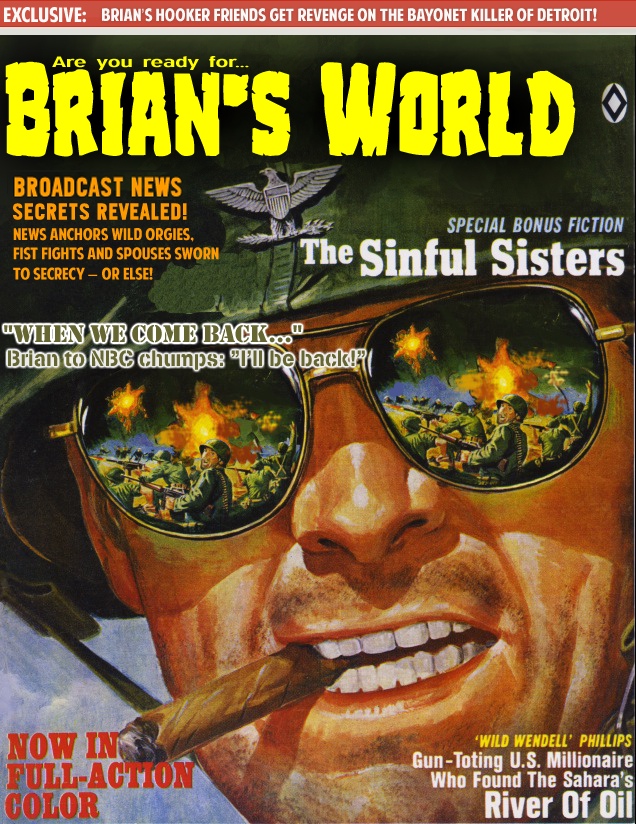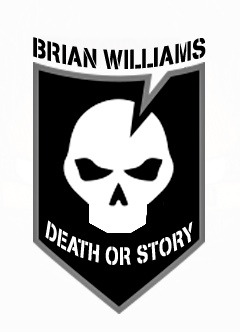A disturbed man is waiting for you on line two. The person who answered was told that your office’s best people won’t do; it’s you, or it’s nobody.
The caller refuses to reveal his location. He’s tired, alternately weeping and cursing. He can’t run anymore. It was self-defense, he insists, the murder he’s suspected of committing. In police hands, he knows he’s in for beatings and probably death.
Terrific. You’ve got enough hassles. Hell, down the hall, above the restrooms, the words “COLORED” and “WHITE” live under scant few of coats of paint, and you remember when the first had been applied. In an all white newsroom, you stick out enough.
Explicit racial segregation may have been recently outlawed, but implicit segregation is everywhere. While your colleagues don’t openly question why you’d been given the job, it’s clear many of them don’t want you to lose sight of their doubts.
You’re one of maybe three black journalists in America working for a major metropolitan newspaper –white owned, of course– and your next story is being personally handed to you. No competing for the lead. No hunting down witnesses for lengthy interviews, no knocking on doors and being told to get lost.
On the other hand, agreeing to take this call will put you in the path of 20 seething beat cops, each one rattling the starting gate for a run at your new friend. And controlling the narrative of an apprehension is one thing law enforcement officers hate the most. No way will your intrusion be easily be forgotten.
Well, let ’em remember.
You’ve got this.
You are Chuck Stone.
Your place in journalism and in the media has been controversial long before now. As the former editor of the black-owned newspaper, New York Age, you once put a white dude on staff, gave him a page-one column, and let him fend for himself in your newsroom.
The obstacles you’ve overcome and the powerful agendas you’ve battled have prepared you to take the news as it comes, without compromise. Remember how you were once fired as editor-in-chief of the Chicago Daily Defender for refusing to back off of Chicago’s “Boss,” the infamous Mayor Richard Daley?
You’d been right on the heels of this “committed white supremacist,” a public official who said to a sitting US Senator without blinking an eye, “Fuck you, you Jew son-of-a-bitch, you lousy motherfucker – go home.”* As the Senator addressed the 1968 Democratic National Convention, uttering things Daley didn’t want heard, the Boss drew a finger in a slicing motion over his throat signaling to cut the Senator’s microphone. You, Chuck Stone, stuck with the story. You had to be thrown out before you’d be intimidated into leaving.
Hell of a time in America then, eh? Hmph…Hell of a time now.
And you didn’t attack Daley’s leg-breaker public persona: you stayed focused on what he was doing while no one was looking, like playing dumb about a long-running Chicago Police torture ring. Or diverting millions in city funds to a firm that employed his son. “If a man can’t put his arms around his sons and help them,” was Daley’s retort, “what’s the world coming to?”
For pushing for change; for what and who you chose to tackle in print; for standing up to men like Daley; and for your friendships with Martin Luther King Jr., Malcolm X, and Stokely Carmichael you were labeled “the angry man of the Negro press.” It was a nickname you brushed aside before entering electoral politics yourself, rolling up your sleeves as a special assistant for Congressman Clayton Powell Jr. Your time on The Hill was short-lived, but that may have been for the best given Powell’s controversial trajectory.
And either way you, Chuck Stone, were just getting started. Many of your articles would soon be published under the title, “Tell It Like It Is.” Shortly after that came Black Political Power in America, a spotlight on black exclusion from government jobs, policy-making, and essentially any position within which jobs could be created or dispensed.
You took on what you called “the testing mafia” as well, arguing that SATs and ACTs are virtually pointless since, “in an unequal society, standardized test scores only reflect inequality.” If that wasn’t enough (and because you are Chuck Stone), you founded the Cambridge-based National Center for Fair and Open Testing. Finally, you became the Philadelphia Daily News’s first black columnist, which is the desk your fugitive has just demanded.
So those 20 plus street cops waiting to pounce can just keep on sitting tight until you’re ready. You will first meet secretly with the murder suspect on the phone. You will calm him down and prepare him. You will take pictures of his face from multiple angles, just in case the police decide to go to town on it.
It isn’t your first time at their rodeo, no sir. At this point, this is maybe the 75th African-American fugitive suspect to call you.
And why? Because you can handle walking into dark rooms with fearful, desperate men – murderers in most instances – and still maintain professional equilibrium. You’re known for snapping pre-surrender mug shots, collecting details the cops will have to wait for. What are your thoughts when you do this? Are you mentally back at your desk, drafting invective for alternately thuggish and fatally bumbling Philadelphia mayors, Frank “The General” Rizzo and Wilson Goode? (They were desperate men too – desperate to get away from you!)
Your writing is informative, scathing, funny, and even safe for kids. (A children’s book?) Newsroom doubters and biggots may think you’re an ornament, another bow-tied militant ready to take on Whitey. But they wish they could come up with zingers like yours.
And you, Chuck Stone, are not one of those people to climb a ladder only to pull it up behind him. You taught students to do what you do, though perhaps less controversially. You became an English professor at the University of Delaware. And leave it to you to win the city’s Excellence in Teaching award, then go to earn another just like it from North Carolina’s School of Journalism.
Did I mention your days in Tuskegee, Alabama during World War II? You were a Tuskegee Red Tail navigator. You were also a husband and a father of three. You were a White House correspondent and editor of the Washington Afro-American. You were an NBC-TV news commentator for the Today show, and before that a distributor of food and farm equipment to forgotten farmers in Egypt and India. You invented “Stone’s Index of Proportional Equality,” a tool used to measure an ethnic group’s percentage in the population against its percentage of elected officials.
And all the while, you’ve been exposing police brutality, corrupt college placement, political heavies and their goons…and you still aren’t satisfied! You’re Chuck Stone, and you don’t let your bow-tie or flat-top fool anyone, not even the inmates at Pennsylvania’s Graterford Prison, who’ve just taken 39 hostages under the leadership of Joe-Joe Bowen, a man who, while at his last penitentiary, stabbed to death the Deputy Warden and then did the same thing to the Warden.
You think little of walking into such a “riot-torn hellhole” to square off with Joe-Joe, the hostage-taker with the shotgun. Was your mind still calmly back on the papers you had to grade when they told you Bowen had shot an elderly couple, killed a cop, and could kill you?
Whatever it was, you helped negotiate to free the Graterford hostages, then worked a deal for the Bowen gang’s surrender. Pennsylvania’s governor himself asked for you. He’d been told that anyone agreeing to meet with Bowen couldn’t be some plain-clothed cop or corrections mediator; it would have to be the real deal. It would have to be Chuck Stone, the black journalist known as “the surrender middleman.”
Negotiations ended with Bowen telling you, “Everything here is cool,” and it was. You probably thought Joe-Joe was a cupcake compared to Mayor Daley. And you robbed the guards of possible reprisals by maneuvering Bowen’s transfer from state to federal custody.
You died almost seven years ago now, but you lived an incredible life, always finding opportunities, promoting equity, outliving doubters, and speaking truth to men of power at every step of your career.
Today, your legacy is the push for media diversity and rests at the National Association of Black Journalists, the institution you served as founding President.
Whoever’s up next to speak to the fugitive on line two, we can only hope he’ll live up to your standards. (Literally, the ones you called “FEAT” for Fairness, Even-Handedness, Accuracy and Thoroughness.)
Charles “Chuck” Stone, Jr., you were a true first responder to fires set by arsonists hoping to burn facts and build false narratives. I wish you were here today.
.
* Allegedly said to Senator Abe Ribicoff of Connecticut, when the Senator challenged Daley’s use of force during the ’68 DNC (Source: Wikiquote)
